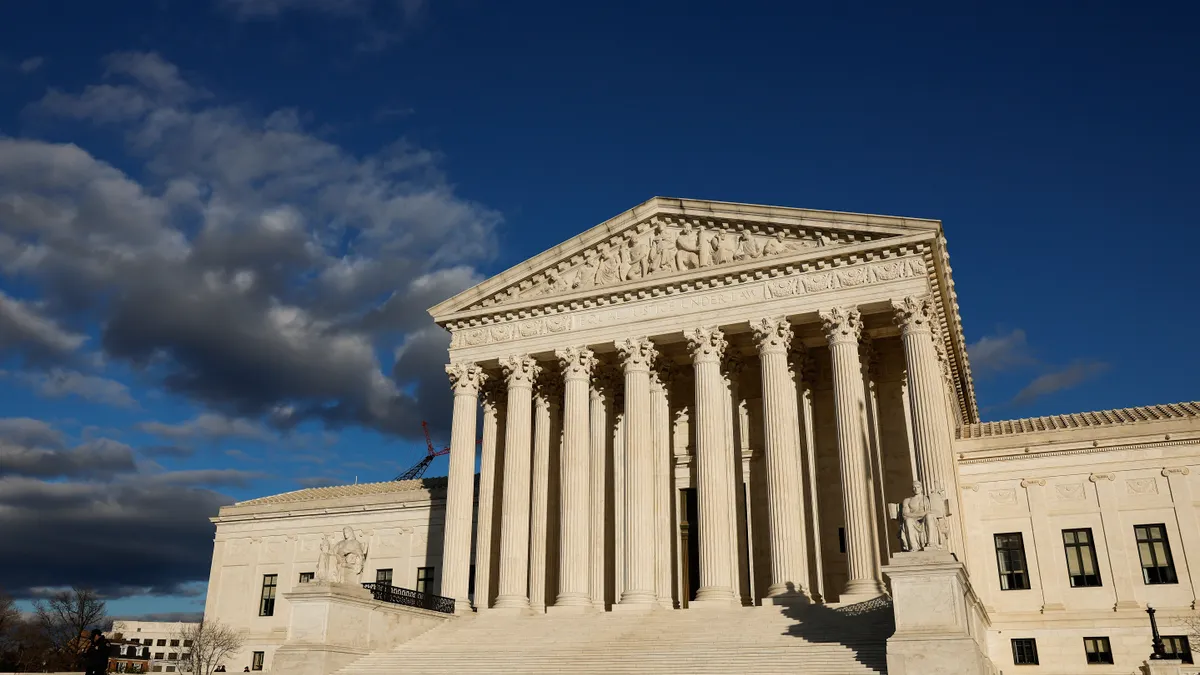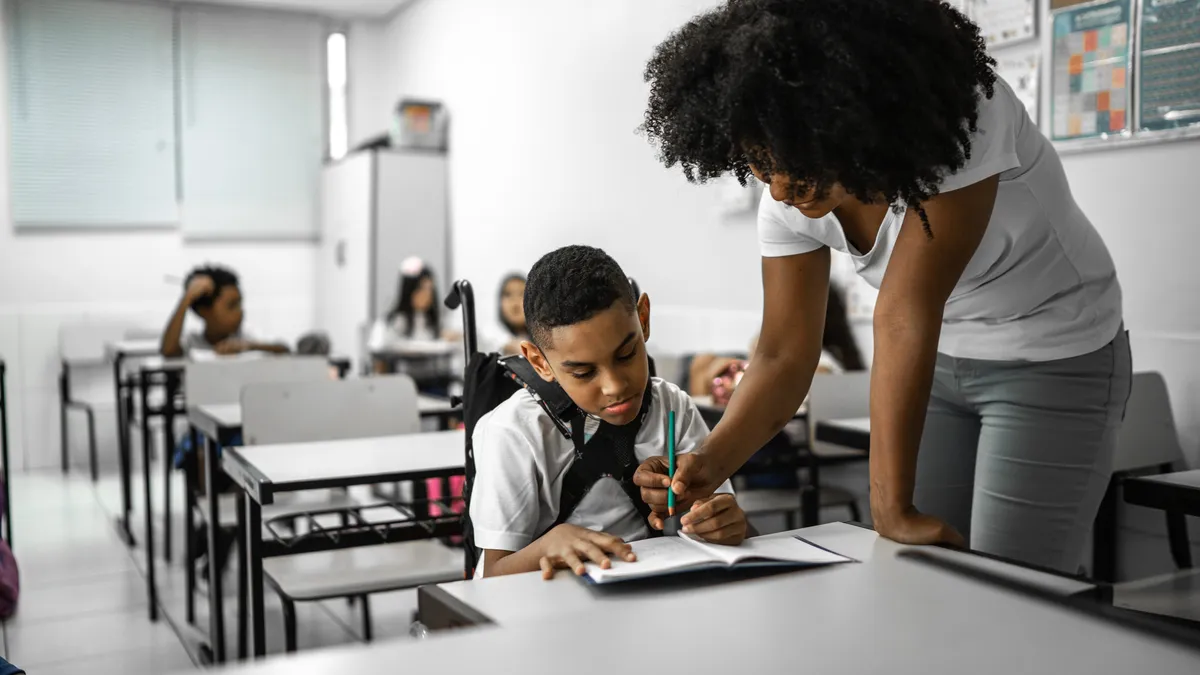Dive Brief:
- On Friday, the U.S. Department of Education renewed No Child Left Behind waivers for South Dakota, Florida, Ohio, and Idaho.
- Unlike other recent renewals, the four states got just one year of additional flexibility from the federal education law.
- This latest round leaves just five more states — Texas, Colorado, Illinois, Pennsylvania, and Louisiana — waiting to hear whether their waivers will be renewed.
Dive Insight:
Though all four states got an extra year, they could face an uncertain future if a rewrite of NCLB doesn’t pass. South Dakota, in particular, was placed on high-risk status for losing its waiver next time around if it doesn’t begin including student test scores in teacher and principal evaluations. The state has until January to submit a plan to include student growth measures in evaluations. Ohio faced similar critiques, and Florida drew stern words for failing to include recently immigrated English language learners in accountability measures within two years of their arrival.
The uncertainty that the waiver system engenders is unpopular with states. Washington state was the first, and so far only, to actually lose its waiver, but each round of renewals is a source of anxiety and uncertainty. The shorter renewals heighten those tensions, but there’s some hope that a NCLB rewrite could pass Congress this fall and put an end to the waivers entirely. Until then, the remaining five states will have to wait to see if their names are called.











